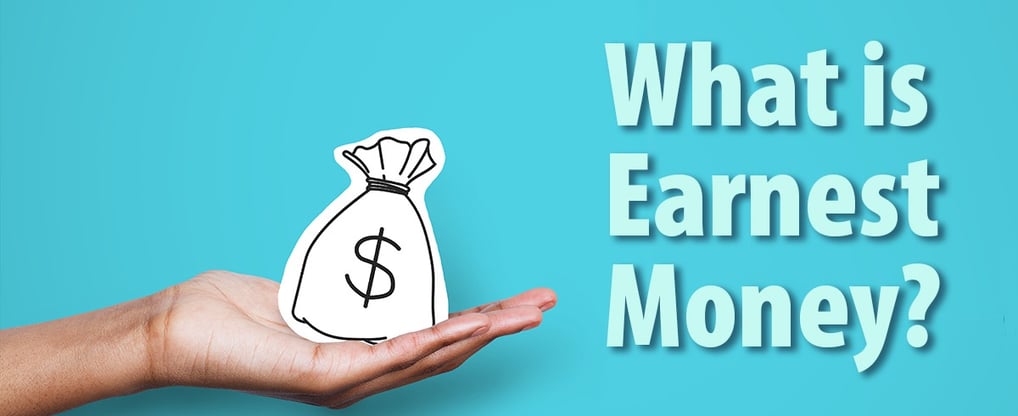Understanding Earnest Money in a Real Estate Transaction
3/17/2025


Earnest money—also called a “good faith deposit”—is a common part of most home purchase contracts. But many buyers aren’t sure what it is, how much to offer, or what happens to it.
What Is Earnest Money?
It’s a deposit made by the buyer after an offer is accepted, showing commitment to the transaction. It’s usually held in escrow until closing.
How Much Is It?
In South Jersey, earnest money typically ranges from 1% to 3% of the home’s purchase price, though this can vary.
What Happens to It?
If the sale goes through, the money is applied toward closing costs or the down payment. If the deal falls through due to a valid contingency, the money is usually returned.
When Can You Lose It?
Buyers may forfeit the deposit if they back out without cause after contingencies are waived or deadlines are missed.
Understanding how earnest money works is key to protecting yourself—and your investment.
Have questions about contingencies or contracts? I’m happy to explain them clearly before you sign anything.
#YourSaberAgent | #RealEstateTerms | #EarnestMoneyExplained

